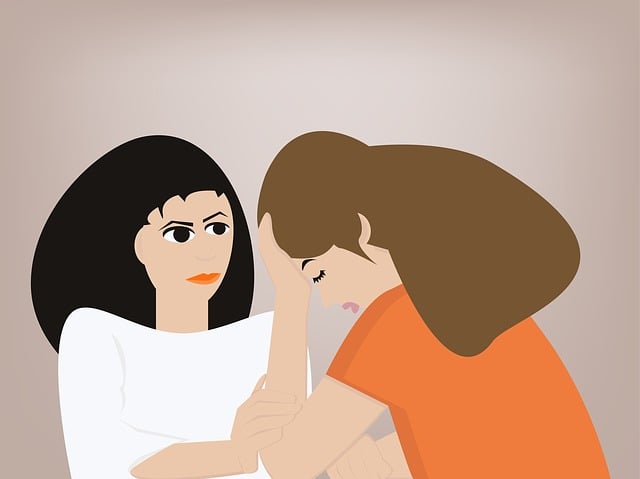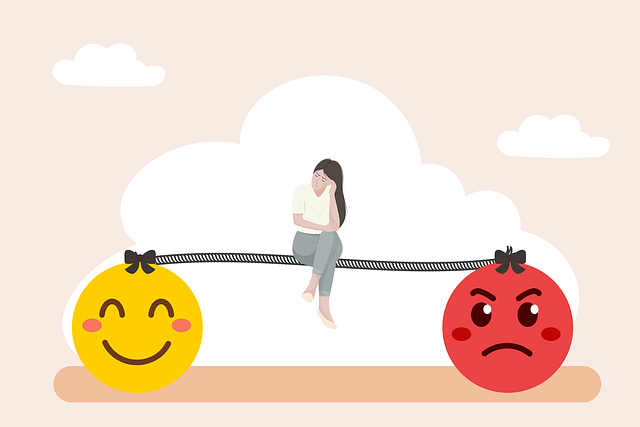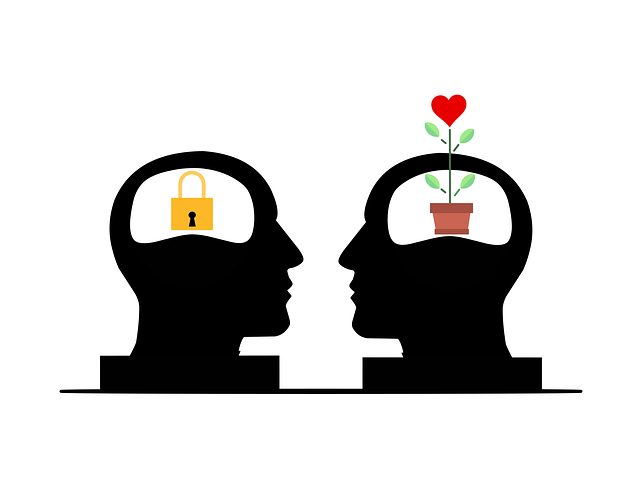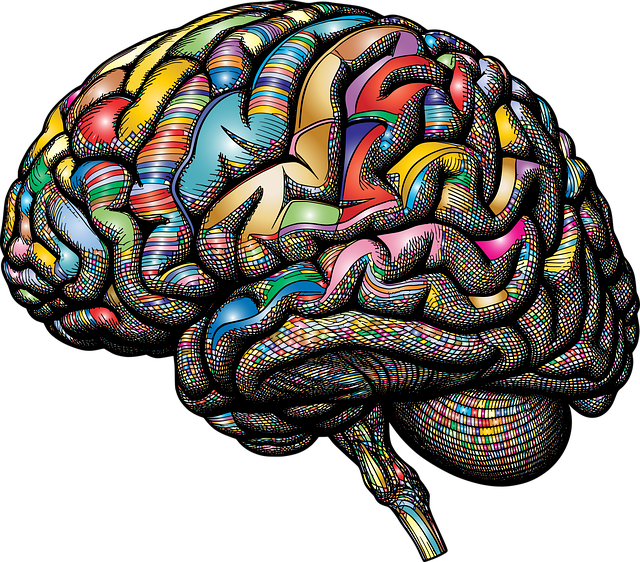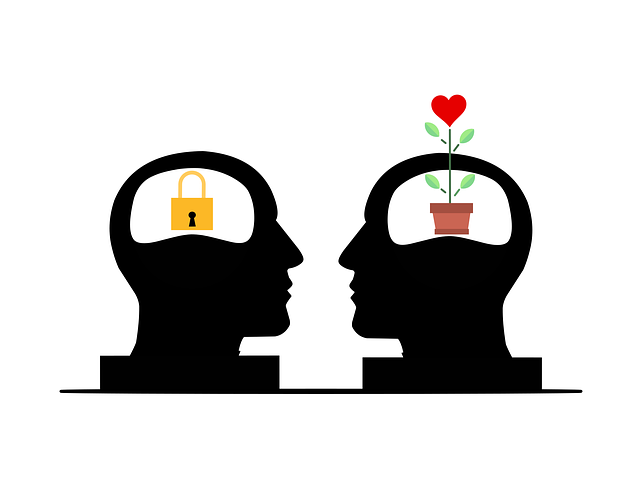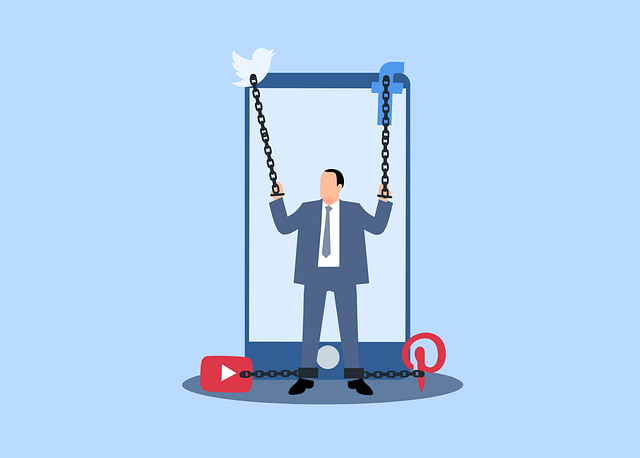Social Skills Training is a key component of Superior Drug Abuse-Substance Abuse Therapy, addressing root causes of mental health issues like anxiety and depression by improving self-esteem, communication, and confidence in social situations. This holistic approach, enhanced by resources like the Mental Wellness Podcast Series Production, creates an environment conducive to personal growth and long-term mental wellness. By incorporating structured programs focusing on communication strategies and mindfulness meditation, this therapy enables individuals to build healthy relationships and manage conflicts, ultimately improving their quality of life. Cultural sensitivity ensures inclusive interventions that promote better engagement and strengthen the impact of mental health awareness.
Social skills training is a powerful tool in supporting individuals with mental health conditions. This article explores the intricate relationship between social skills and mental wellness, delving into specific challenges faced by those struggling with their mental health in social settings. We present effective strategies for social skills training, highlighting its potential to enhance overall well-being. Furthermore, we discuss integration with Superior Drug Abuse-Substance Abuse Therapy programs, offering a comprehensive approach to healing and recovery.
- Understanding the Link Between Social Skills and Mental Health
- Identifying Challenges in Social Interactions for Individuals with Mental Health Conditions
- Strategies for Effective Social Skills Training
- Integrating Social Skills Training into Drug Abuse-Substance Abuse Therapy Programs
Understanding the Link Between Social Skills and Mental Health

Social skills training plays a pivotal role in addressing mental health conditions, particularly those involving substance abuse. Understanding the intricate link between social interactions and mental wellness is essential. People struggling with mental health issues often experience difficulties in forming and maintaining healthy relationships, which can exacerbate their symptoms and hinder recovery. Superior Drug Abuse-Substance Abuse Therapy recognizes this connection and incorporates social skills training as a key component of its treatment programs.
By focusing on emotional healing processes, this therapeutic approach aims to improve self-esteem and foster better communication. The goal is to equip individuals with the necessary tools to navigate social situations confidently, build supportive networks, and enhance their overall mental wellness. This holistic strategy, often combined with Mental Wellness Podcast Series Production, creates a nurturing environment where personal growth and self-improvement can thrive, ultimately leading to successful long-term recovery.
Identifying Challenges in Social Interactions for Individuals with Mental Health Conditions

Individuals with mental health conditions often face unique challenges when it comes to social interactions. These challenges can vary widely depending on the specific condition—anxiety disorders, for instance, might manifest as excessive shyness or fear of social situations, while depression may lead to social withdrawal and a lack of motivation to engage in social activities. Substance abuse, or drug abuse, as treated through superior Drug Abuse-Substance Abuse Therapy, can also complicate matters, as individuals struggle with impulsivity, poor judgment, and relationship difficulties post-rehabilitation.
Social Skills Training plays a crucial role in helping these individuals navigate social challenges effectively. By learning and practicing essential social skills, they can build confidence, improve communication, and reduce feelings of isolation or stigma. Preventing burnout is another vital aspect, especially given the demanding nature of managing mental health conditions. Advocacy and support through Mental Health Policy Analysis can also empower individuals to advocate for their needs, ensuring access to resources and services that promote successful social integration and improved overall well-being.
Strategies for Effective Social Skills Training

Social Skills Training plays a pivotal role in mental health recovery, especially for individuals grappling with conditions like substance abuse. Superior Drug Abuse-Substance Abuse Therapy often includes structured programs that teach and reinforce effective communication strategies. These skills are essential for navigating interpersonal interactions, managing conflicts, and fostering healthy relationships—key components of emotional healing processes.
Mindfulness Meditation can be a powerful tool within these training sessions. By cultivating present-moment awareness, individuals learn to regulate their emotions, enhance empathy, and improve overall social functioning. This holistic approach not only complements traditional therapy but also empowers individuals to manage stress, anxiety, or depression effectively, thereby fostering resilience and improving their quality of life.
Integrating Social Skills Training into Drug Abuse-Substance Abuse Therapy Programs

Integrating Social Skills Training into Superior Drug Abuse-Substance Abuse Therapy programs is a powerful strategy to enhance recovery outcomes. By combining evidence-based therapeutic techniques with social skills development, treatment facilities can address both the psychological and interpersonal aspects of addiction. This holistic approach aligns with Mind Over Matter Principles, fostering an environment where individuals learn to navigate social situations with newfound confidence and resilience.
Cultural Sensitivity in Mental Healthcare Practice is crucial when delivering Social Skills Training. Recognizing and respecting diverse backgrounds ensures that interventions are inclusive and relevant to all participants. This tailored approach not only promotes better engagement but also strengthens the impact of therapy, contributing to a deeper understanding of Mental Health Awareness and empowering individuals to rebuild their lives free from addiction.
Social skills training is a powerful tool in improving mental health outcomes, especially for individuals struggling with social interactions due to their conditions. By understanding the unique challenges faced by those with mental health issues and implementing evidence-based strategies, we can enhance their ability to connect and engage in meaningful relationships. Integrating these training programs into Superior Drug Abuse-Substance Abuse Therapy offers a holistic approach, addressing both social and psychological aspects of recovery. This comprehensive strategy not only supports individuals in their journey towards better mental health but also fosters a sense of community and connection, ultimately contributing to lasting well-being.



